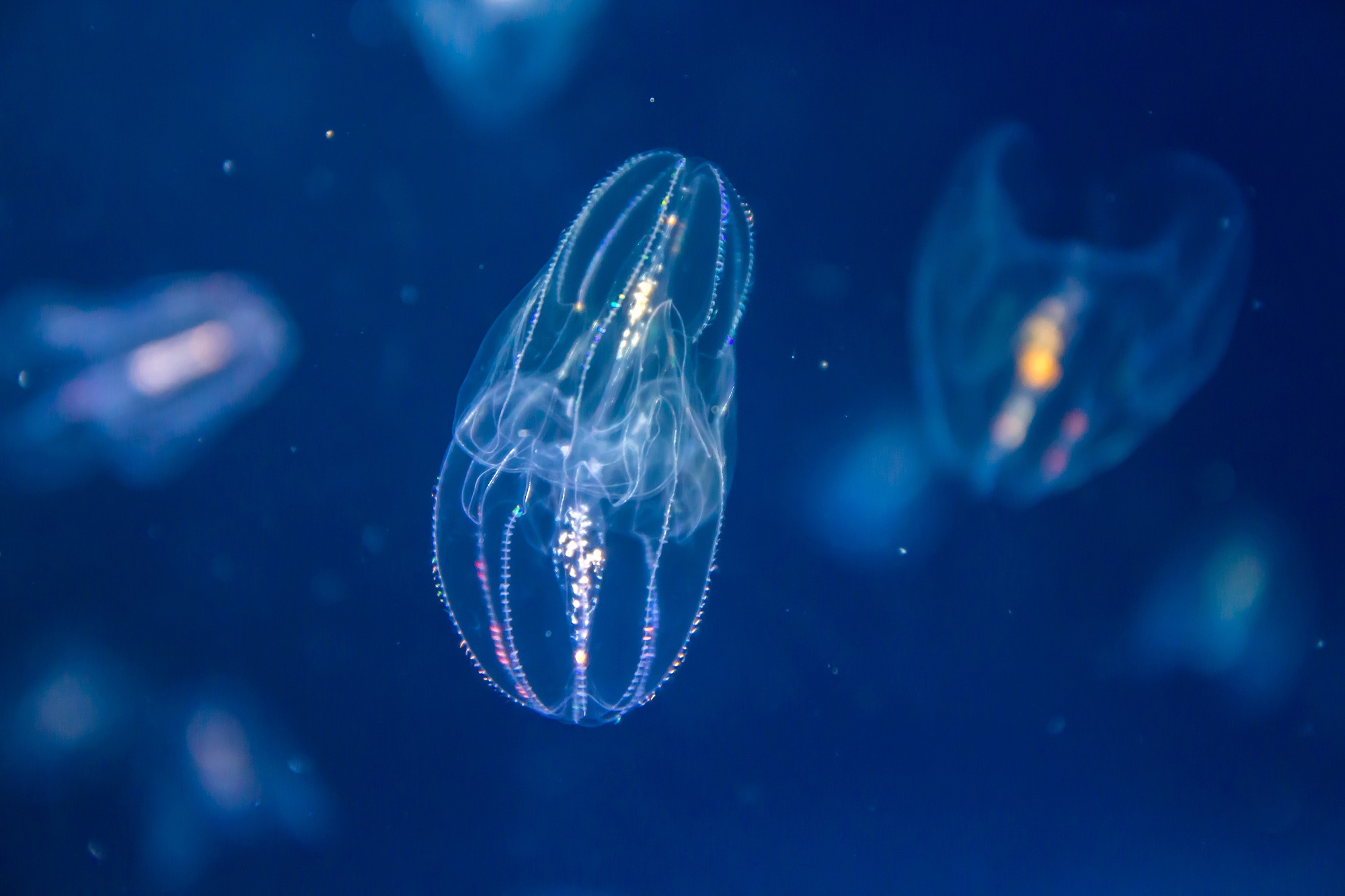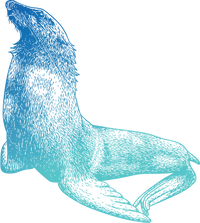
Seattle Aquarium hosted the inaugural Developing Empathy for Conservation Outcomes (DECO) conference in November 2020, bringing together professionals from zoos, museums, aquariums and universities to discuss what we know about empathy as a conservation tool, and what our field still wants to explore. For proceedings and other resources from the 2020 conference, check out the links below.
DECO 2020 Conference Materials
- Agenda
- Speaker bios
- Conference Day 1 graphic visualization provides a brief synopsis of the first day of the conference.
- Conference Day 2 graphic visualization highlights what the convening tackled on the second day.
- Conference summary
- To request a copy of the post-conference evaluation summary, please email empathy.workshop@seattleaquarium.org.
Conference Day 1 Text Version of the Graphic Visualization
DECO Conference
November 18–19, 2020
Day 1
Developing Empathy for Conservation Outcomes
Participants:
132 from 29 zoos, five aquariums, 11 universities and 17 other organizations, representing 24 states and Washington, D.C., the U.K., Canada, Australia and Denmark.
- Collectively summarize what is and isn’t known about the research on empathy and conservation.
- Collectively generate some preliminary research questions on empathy and conservation.
- Create connections between researchers and practitioners.
Keynote interview with Dr. BN Horowitz:
- Rather than not being anthropomorphic, it’s more important not to be anthropocentric.
- Anthropomorphism can be a useful tool in helping us understand animals and develop connections.
- Empathy—and other experience and behaviors—are not uniquely human but rooted in a shared neurobiology.
- Sara Konrath—Empathy increases in complexity from physiological to cognitive and emotional.
- Susan Clayton—We need more data on what kinds of zoo exhibits promote empathy.
- Jerry Luebke—Adults who visit our facilities are predisposed to experience empathy and receptive to pro-environmental action.
- Nette Pletcher—Pairing empathy practices with normal growth and development enhances environmental stewardship in kids.
- Louise Chawla—Constructive coping: what I can do, what others are doing, what we can do together.
How do we bridge the research/practice divide?
How might we improve access to resources?
It will take some effort to undo old habits, but it’s worth doing.
Conference Day 2 Text Version of the Graphic Visualization
DECO Conference
November 18–19, 2020
Day 2
Developing Empathy for Conservation Outcomes
CASE STUDIES:
- Current zoo language increases disconnect between people and nature (e.g. captivity, cage, etc.).
- Replace:
- Captivity with human care.
- The wild with native habitat.
- Holding with bedroom.
- Cage with mesh.
- New to the field were the first adopters.
- Be intentional about language.
- How can we design rich outdoor settings for preschool students?
- Make habitats for plenty and varied creatures.
- Let children share and learn from each other.
- Support interest with tools and stories.
- Allow experiments (within reason).
What’s missing?
- Equity and cross-cultural work.
- Empathy for non-living and non-animals:
- Plants.
- Taxidermy.
- Intersections with other disciplines.
Barriers
- Access to research.
- Perception of expertise.
- Timelines.
- Increase opportunities for collaboration.
- Conduct more research and evaluation.
- Implement empathy work in an inclusive way.
2020 Session Recordings
Day 1
DECO 2020 Day 1
Day 2
Conference Resources
Continuing the Empathy Conversation
EMPATHY CAFÉ
To continue to build our community around empathy, the Seattle Aquarium is launching “Empathy Cafés,” a monthly web chat series to discuss topics of interest related to fostering empathy for conservation of wildlife.
Visit the Empathy Café page for more information.









